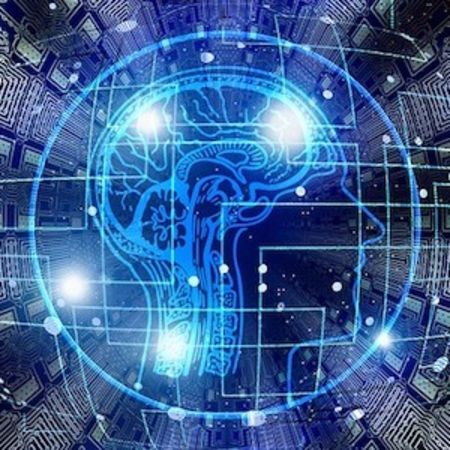Physician-scientist, EricTopol, has published his fourth book, honing in on how artificial intelligence (AI) has the potential to re-humanise healthcare.
In Deep Medicine: How Artificial Intelligence Can Make Healthcare Human Again, the cardiologist, researcher and medical futurist shows how AI can contribute to restoring the human connection between doctor and patient, radically transform healthcare systems and impact biomedical research.
Topol focuses on how the doctor-patient relationship has deteriorated over the last few decades with the gradual digitalisation of healthcare and increased time pressures. Physician and clinician burnout is leading to errors in diagnosis and unnecessary tests and procedures, he says.
Putting the outcomes of these challenges under the heading of ‘shallow medicine’, Topol writes that patients live in a “world of insufficient data, insufficient time, insufficient context, and insufficient presence.”
To counter ‘shallow medicine,’ Topol lays out the three components of what he calls the ‘deep medicine’ model.
· Deep phenotyping
Consists of completely defining each individual by gathering all available data‒from medical, social, behavioural and family histories to multiple layers of one’s biology, including DNA, RNA, proteins, microbiome and others.
· Deep learning
Involves pattern recognition and machine learning that doctors will use for diagnosis, virtual medical coaching to guide consumers to better manage their health, and machine vision to improve patient safety both in hospitals and through at-home monitoring. It will also facilitate the discovery of new drugs and help extract insights from complex data sets, such as whole genome sequences.
· Deep empathy and the connection between patients and physicians
How AI can restore the essential human element of medical practice by enabling machine support of tasks better suited for automation, thereby freeing doctors, nurses and other healthcare professionals to focus on providing real care for patients.
While there are significant advances in AI deployment in fields like radiology, pathology and other areas that involve pattern recognition, Topol says that AI can also have a positive impact on mental health, nursing and personalised nutrition.
Deep Medicine, is Topol’s fourth book exploring the wider challenges and opportunities in the digitalisation of healthcare.
Source: Scripps Institute
Image credit: Pixabay























